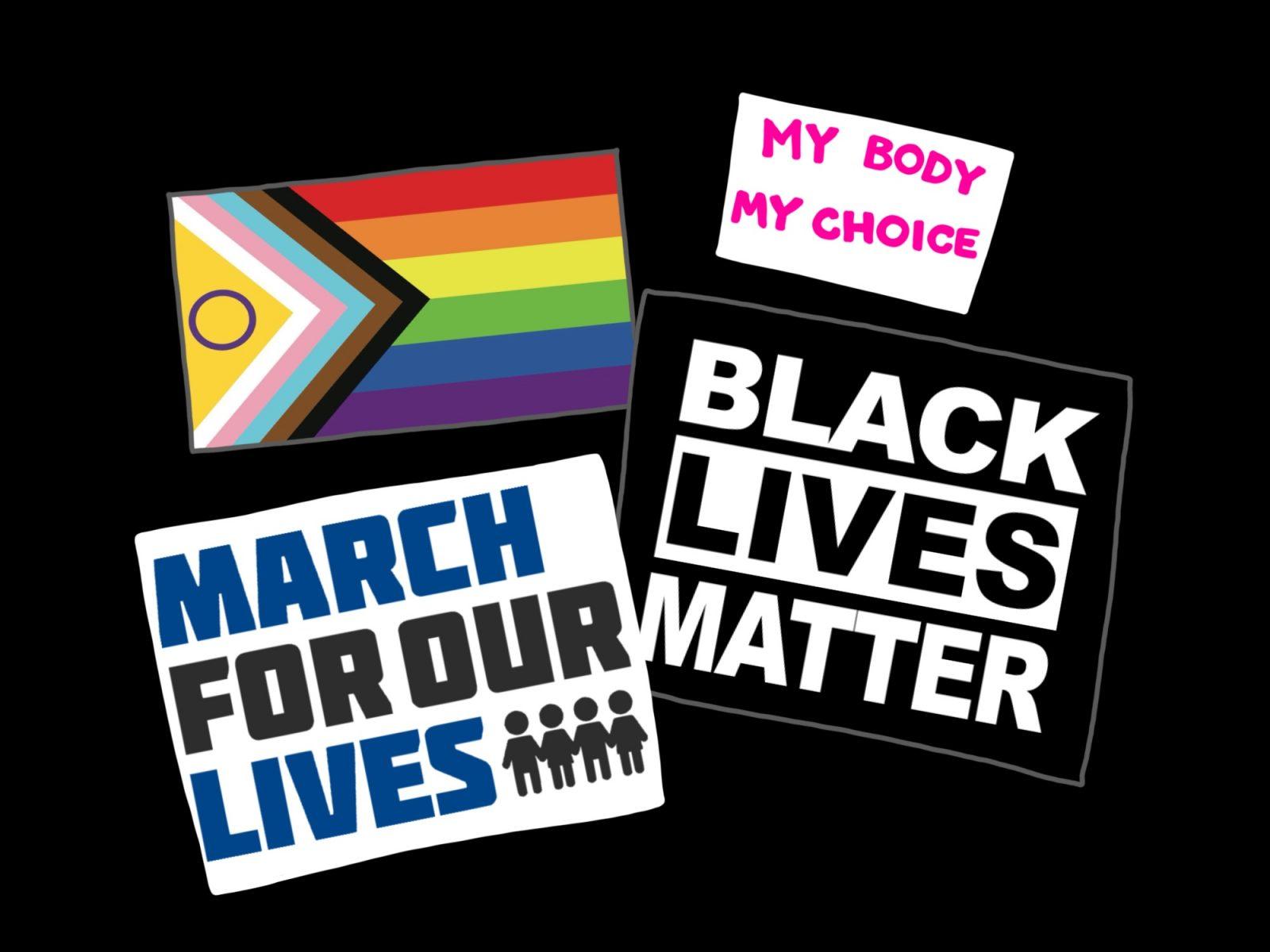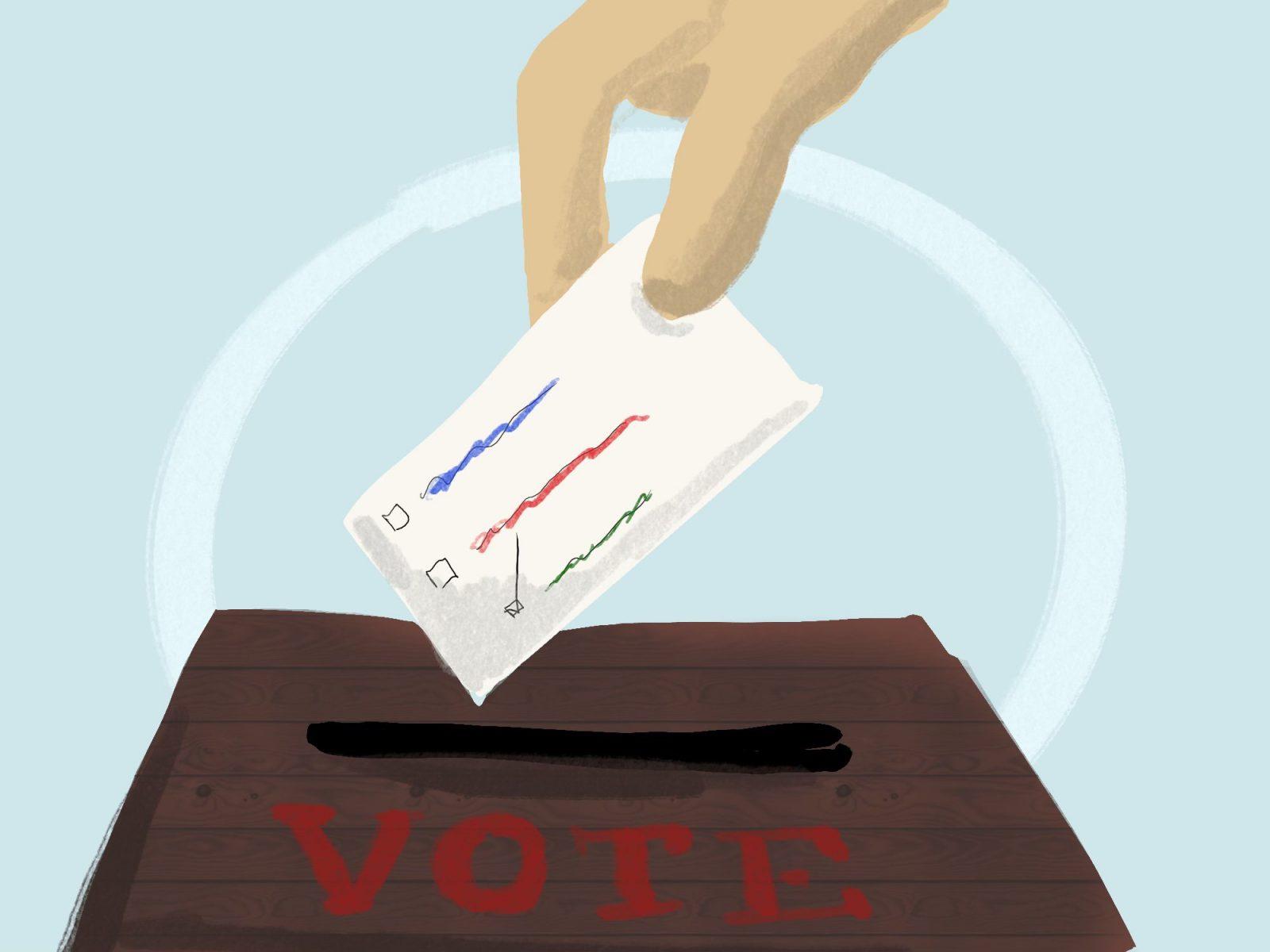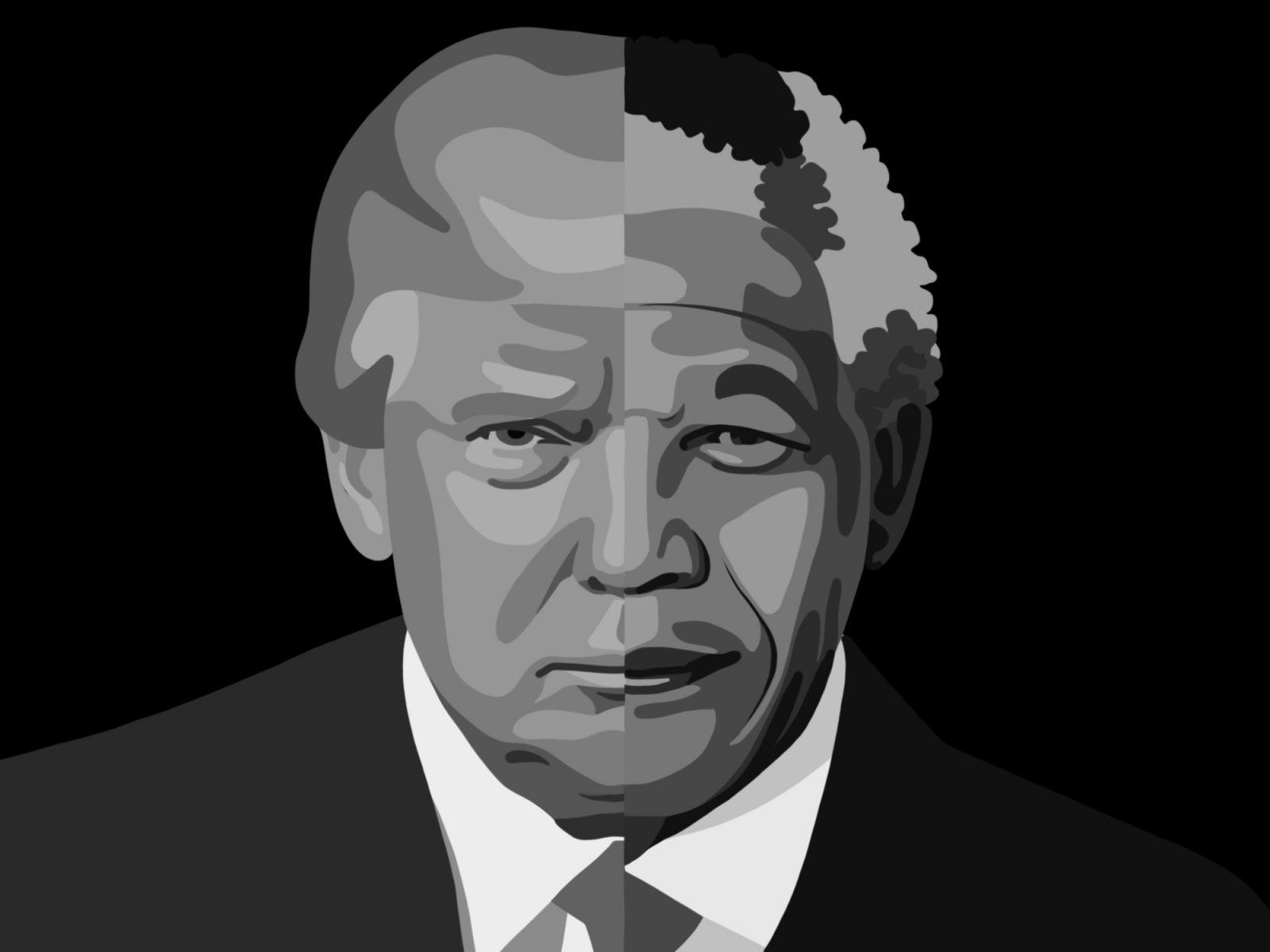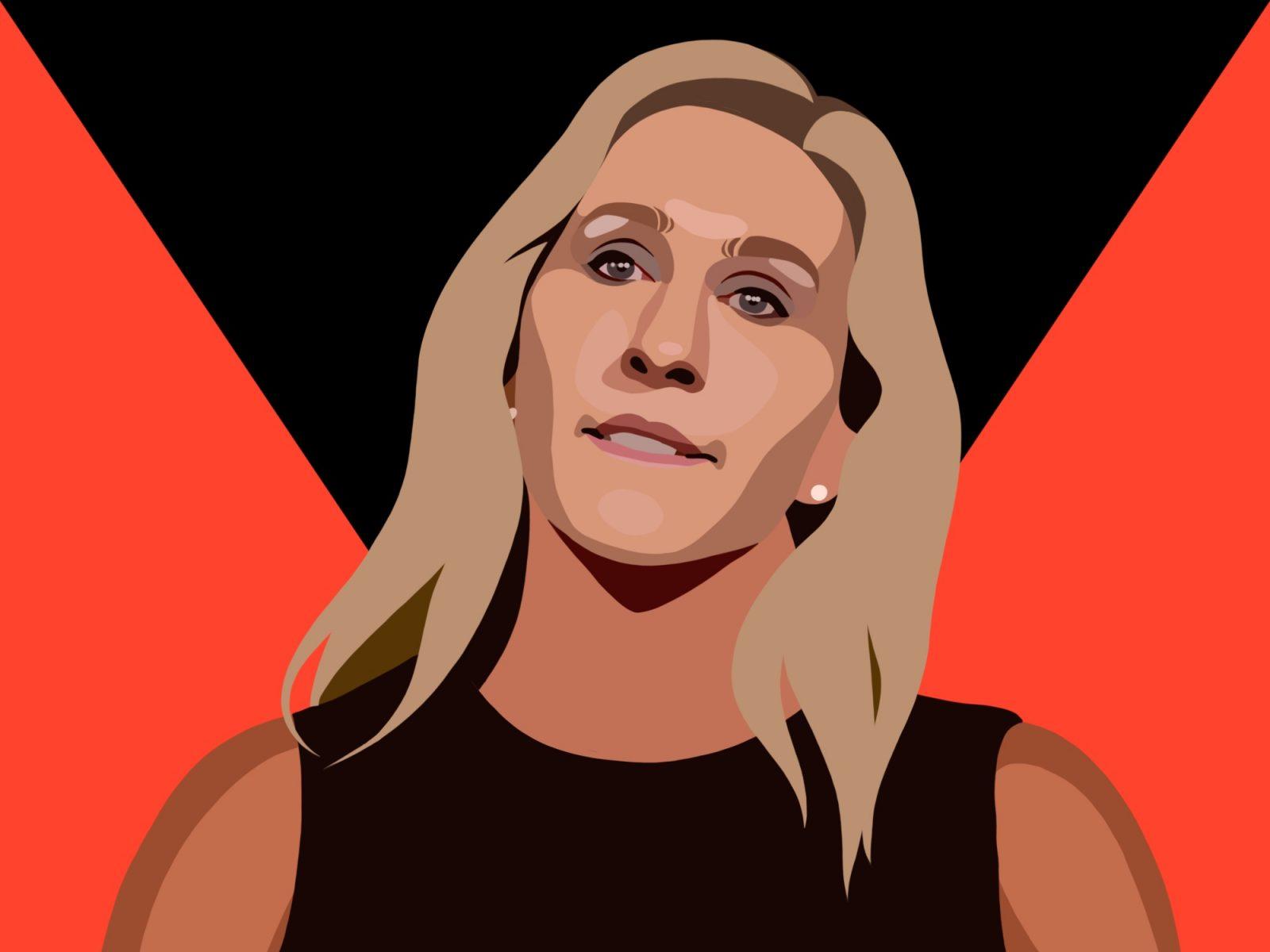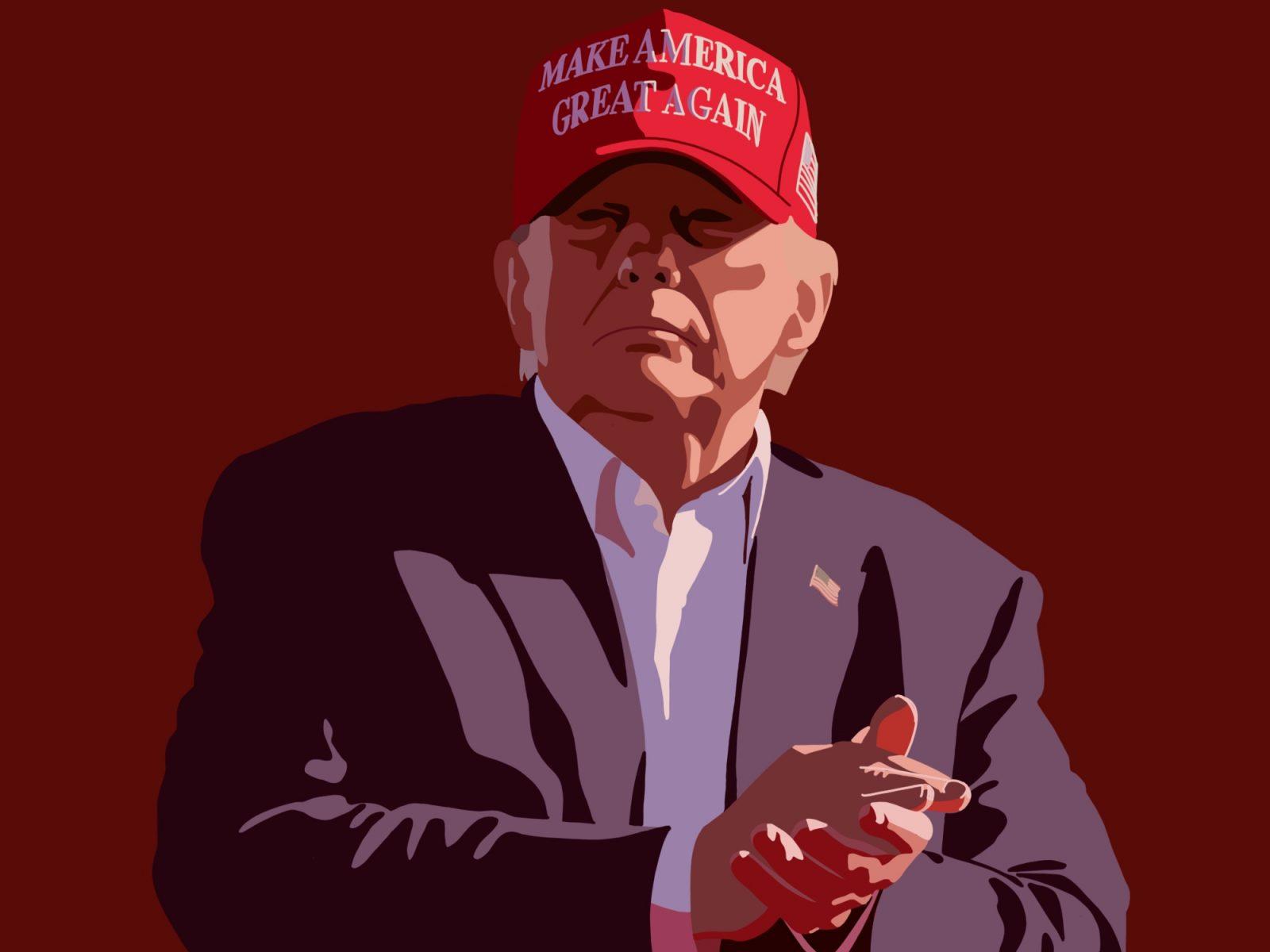Former President Donald Trump is currently appealing a gag order imposed on him by United States District Judge Tanya Chutkan as part of his civil fraud trial, which is investigating his attempt to overturn the 2020 presidential election.
The order bars Trump from making any targeted comments about “any reasonably foreseeable witness or the substance of their testimony.”

From a legal perspective, I would like to see the gag order appeal rejected. Trials like this one, while public, should be free from influence — especially the influence of its defendants. Plus, Trump is known for his inflammatory remarks, so preventing him from making targeted comments is a good idea.
That being said, these gag rules have not always been used appropriately.
According to Merriam-Webster, a gag rule is one that does not allow people to “speak freely or express their opinions about a particular subject.”
These orders metaphorically “gag” people wanting to speak out about a particular subject. The historic use of these rules, in the true sense of the word, makes me want to gag.
As a strong advocate against policies that limit our First Amendment freedoms of speech — such as Florida Governor Ron DeSantis’ “Stop the Wrongs to Our Kids and Employees (WOKE) Act,” which bars discussions of race and gender in schools — I don’t support government suppression of voices that span certain perspectives of politics, society and history.
An early implementation of a gag rule in the U.S. happened in the 1830s. It was a response to an increase in petitions to readdress or abolish slavery in Congress by abolitionist groups such as the American Anti-Slavery Society.
Pro-slavery members of the House of Representatives adopted the resolution, which effectively tabled all petitions, discussions or considerations regarding slavery or its abolition.
The rule faced backlash from abolitionists and members of Congress, such as John Quincy Adams, who was vocal about the rule’s violation of the First Amendment’s freedom to petition the government.
“The freedom of debate has been stifled in this House to a degree far beyond anything that ever has happened since the existence of the Constitution,” Adams said in May 1836, when the gag rule was passed in the House.
I agree with people like Adams — regardless of their stance on slavery, they believed that Constitutional rights should be upheld. I despise that this rule hindered the possibility of an earlier illegalization of the undeniably abominable practice of slavery.
The House proportionally represents the American people — though only three-fifths of the enslaved population were included in the U.S. census at this time. This rule silenced individuals from the underrepresented Northern states where opposition to slavery was growing.
Adams retaliated, bringing thousands of petitions to the floor of the House, only for all of them to be tabled. After years of debate, the House voted to abolish the gag rule in 1844. Good riddance.
But not for long, because the gag rule returned to another facet of the U.S. government: foreign policy. Unlike the gag rule on slavery, this rule placed restrictions on actions rather than words.
The “global gag rule,” also known as the Mexico City policy, “prevents foreign organizations receiving U.S. global health assistance from providing information, referrals, or services for legal abortion or advocating for access to abortion services in their country — even with their own money,” according to Planned Parenthood.
The rule was first implemented under President Ronald Reagan in 1984. It has been abolished and reinstated by Democrat and Republican presidents since, with George W. Bush reinstating it after Bill Clinton’s presidency and Trump reinstating it after Barack Obama’s. President Joe Biden rescinded the rule on his first day in office.
I’m already pro-choice, so it’s no shock that I disagree with this financial coercion that prohibits the provision of abortion-related services abroad. Women should not only be able to make their own decisions about their pregnancies, but they should also have fair access to these services.
But placing these restrictions on foreign organizations is on an entirely different level. The U.S. has no place disturbing health services to those most in need. Advancements in healthcare and women’s rights promote countries’ development, so there must be a World Systems Theory-esque embodiment of the core limiting the periphery here, if the global gag rule is going to limit that.
I understand that because my contempt for these historic gag rules is clear, I may sound sanctimonious for seeing the benefit of the Chutkan-imposed gag order on Trump, preventing him from making comments about the various parties involved in his civil fraud trial. Call me a hypocrite. I don’t care.
The difference is that while Trump is being hindered from spewing hateful, potentially influential comments about a legal proceeding against him, the gag rules on slavery and abortion services simply suppressed the option for advocacy and change.






















































































































